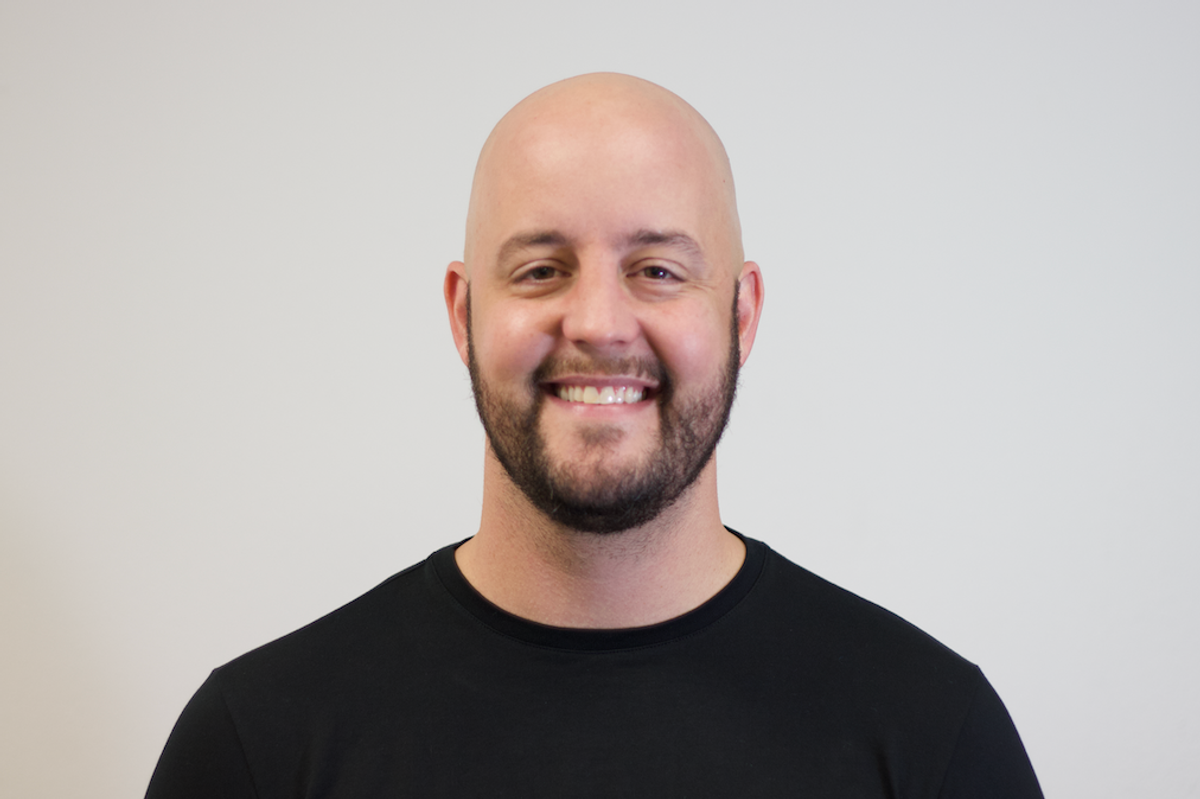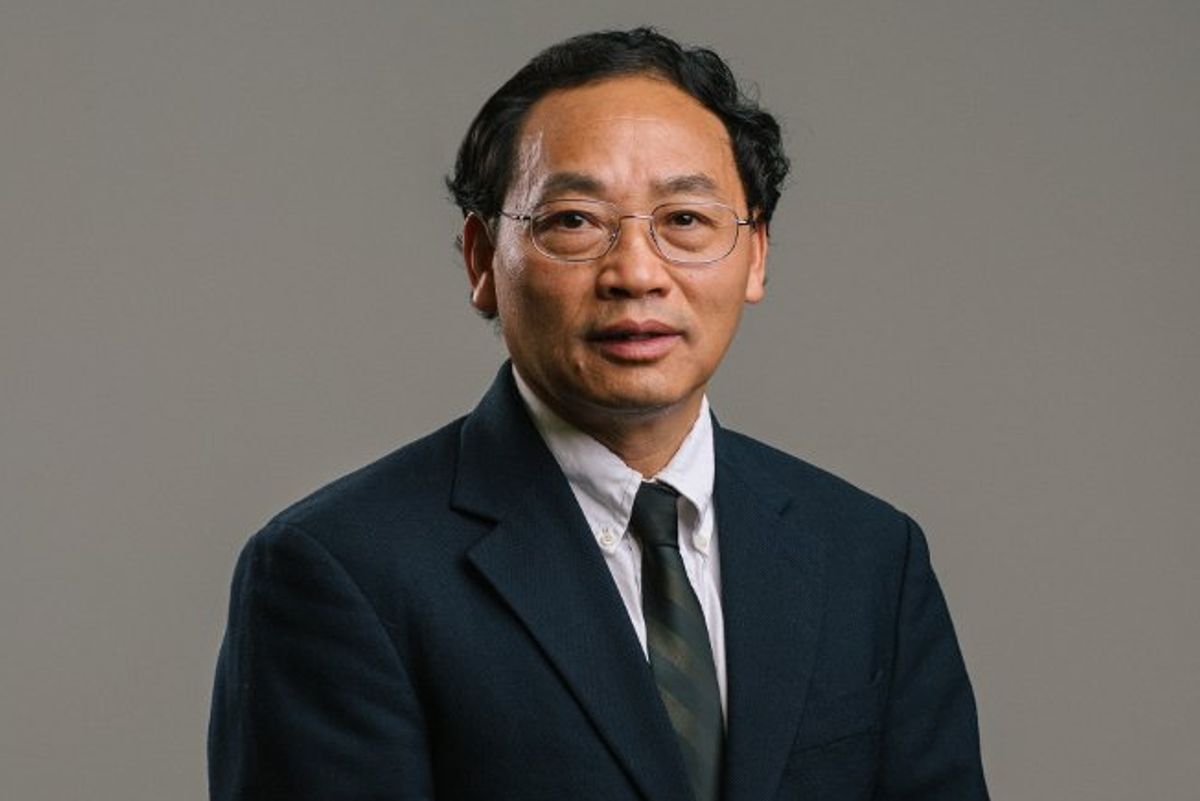Houston researchers secure funding for superconductivity project
fresh funding
Researchers at the Department of Physics at the University of Houston and Texas Center for Superconductivity have received a second-year funding from global leader in business of invention Intellectual Ventures to continue their work on exploring superconductivity,
The project, which is led by Paul C. W. Chu, T.L.L. Temple Chair of Science, professor of physics and founding director of the TcSUH and assistant professor of physics and a new TcSUH principal investigator Liangzi Deng, has been awarded $767,000 to date.
“Working with IV gives us the freedom known for scientific pursuit and at the same time provides intellectual guidance and assistance in accord with the mission goal,” Chu says in a news release.
The researchers are working on making superconductivity easier to achieve. At room temperature and normal atmospheric pressure is where the researchers are looking to simplify superconductivity. One finding from Chu and Deng’s team is called pressure-quench protocol, or PQP.The PQP will help maintain key properties (like superconductivity) in certain materials after the high pressure needed to create them is removed.
“Intellectual Ventures funded this research because Paul Chu is one of the acknowledged thought leaders in the area of superconductivity with a multi-decade track record of scientific innovation and creativity,” Brian Holloway, vice president of IV’s Deep Science Fund and Enterprise Science Fund, adds. “The work led by Chu and Deng on pressure quenching could result in game-changing progress in the field. We are very excited about the preliminary results from the first year and we look forward to continuing this collaboration.”
The project showed early success the first year, as the research used a special system to synthesize materials under high temperatures and pressure. The second-year projects will include the investigation of pressure-induced/enhanced superconductivity in cuprates and hydrides.
“If successful, UH will once again break the record for the highest superconducting Tc at atmospheric pressure,” Deng says in the release. “Additionally, we will collaborate closely with theorists to uncover the mechanism of PQP. Our research has far-reaching implications, with the potential to extend beyond superconductors to other material systems.”
------
This article originally ran on EnergyCapital.
- Houston professor earned $500,000 grant to tap into digital twin tech for bridge safety ›
- University of Houston, Intel team up to prepare workforce for AI revolution ›
- 3 Houston universities rise to the top in new list of best Texas schools for 2024 ›
- UH lab using mixed reality to optimize designs for the Moon and Mars ›
- UH experts join $10M initiative advancing biopharmaceutical manufacturing ›
- University of Houston plans to build new central campus innovation hub ›
- University of Houston introduces institute to bring business solutions to health care industry ›
- University of Houston gets $2M to launch innovative transportation-focused cybersecurity center ›




 The illustration shows the theorized superconducting highway for energy transport and storage and superconductor levitation. Image via UH.edu
The illustration shows the theorized superconducting highway for energy transport and storage and superconductor levitation. Image via UH.edu